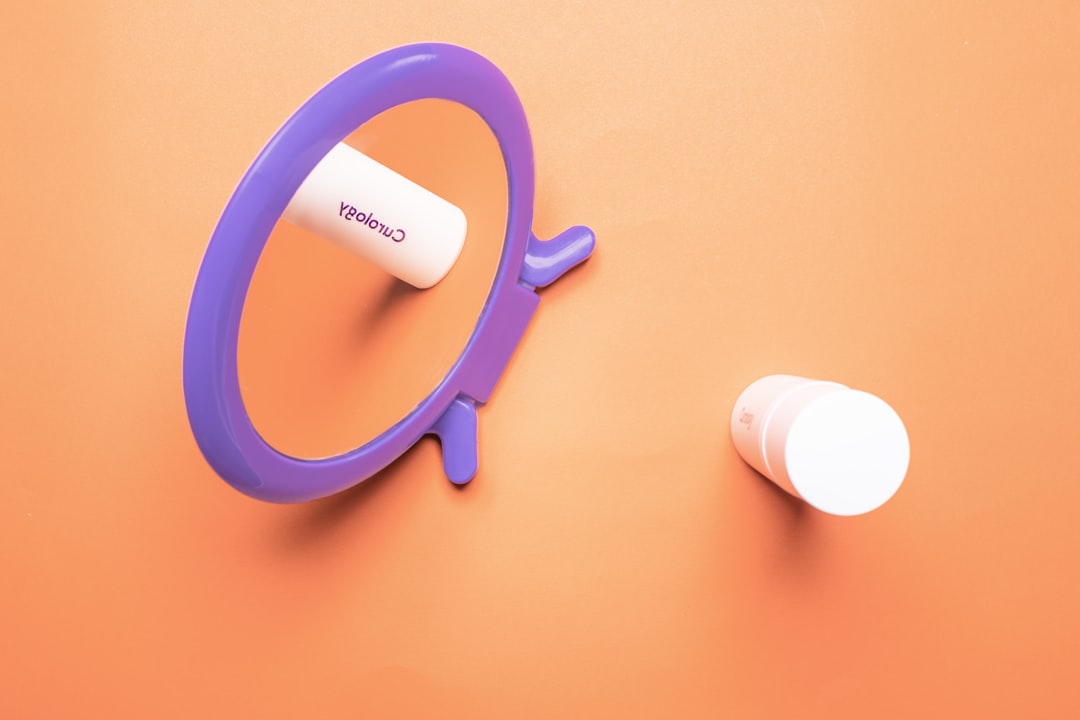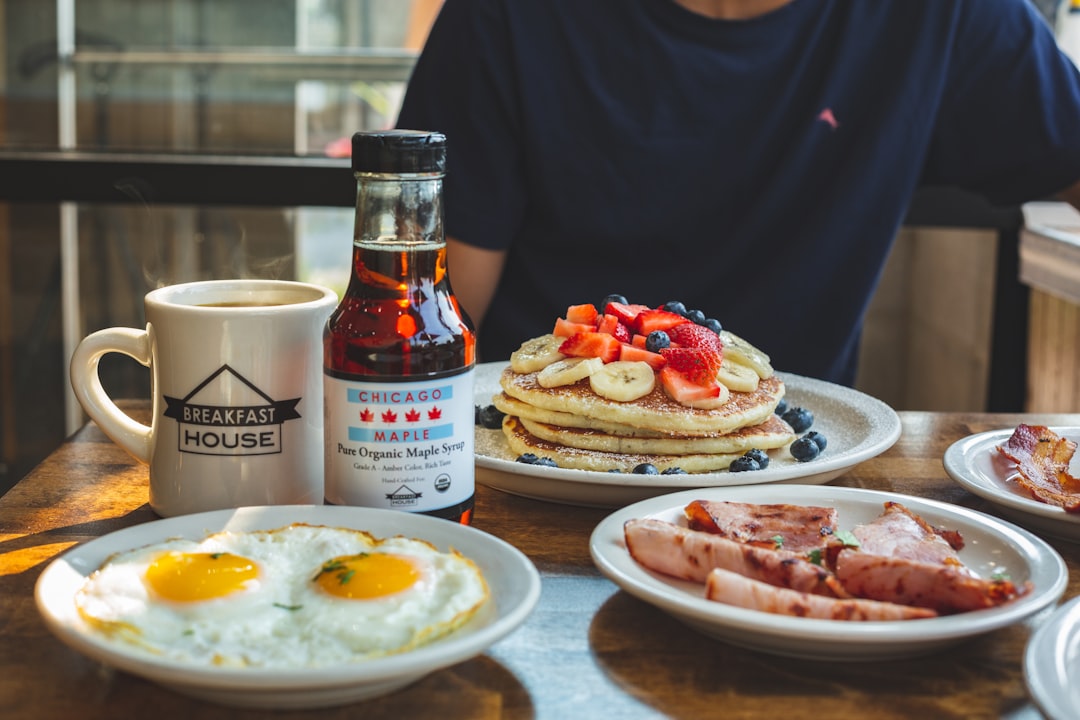
Top Natural Moisturizers for Oily Skin: Say Goodbye to Grease
Moisturizing is often associated with dry skin, but did you know that even oily skin needs hydration? Many people with oily skin tend to skip moisturizing, thinking that it will only make their skin more greasy. However, this is a common misconception. In fact, moisturizing oily skin is crucial for maintaining a healthy and balanced complexion. In this blog post, we will explore the importance of moisturizing oily skin and provide you with tips and recommendations for choosing the best natural moisturizers for your skin type.
Key Takeaways
- Oily skin is caused by overproduction of sebum and can lead to acne, blackheads, and shiny skin.
- Moisturizing is important for oily skin because it helps balance oil production and prevent dehydration.
- Look for natural ingredients like aloe vera, tea tree oil, and jojoba oil in moisturizers for oily skin.
- Top natural moisturizers for oily skin include the Body Shop Tea Tree Mattifying Lotion and the Burt’s Bees Natural Acne Solutions Daily Moisturizing Lotion.
- DIY natural moisturizers for oily skin can be made with ingredients like honey, apple cider vinegar, and green tea.
Understanding Oily Skin: Causes and Symptoms
Oily skin is characterized by an overproduction of sebum, the natural oil produced by the sebaceous glands in the skin. This excess oil can lead to a shiny appearance, enlarged pores, and a predisposition to acne breakouts. Oily skin is often caused by genetics, hormonal changes, or environmental factors such as humidity. Common symptoms of oily skin include a greasy or shiny complexion, frequent breakouts, and clogged pores.
Why Moisturizing is Important for Oily Skin
Contrary to popular belief, moisturizing is essential for oily skin. When you skip moisturizer, your skin may actually produce more oil to compensate for the lack of hydration. This can lead to an even greasier complexion and an increased risk of breakouts. By using a lightweight, oil-free moisturizer specifically formulated for oily skin, you can help balance your skin’s natural oil production and keep it hydrated without clogging pores.
Moisturizing oily skin also helps to maintain the skin’s barrier function. The outermost layer of the skin acts as a protective barrier against environmental aggressors such as pollution and UV rays. When this barrier is compromised due to dryness or damage, it can lead to increased sensitivity and inflammation. By keeping your oily skin moisturized, you can strengthen its natural defenses and promote a healthier complexion.
Ingredients to Look for in Natural Moisturizers for Oily Skin
| Ingredient | Benefits |
|---|---|
| Jojoba Oil | Regulates sebum production, moisturizes without clogging pores |
| Aloe Vera | Hydrates, soothes inflammation, reduces redness |
| Green Tea Extract | Antioxidant, reduces oiliness, fights acne-causing bacteria |
| Witch Hazel | Tightens pores, reduces inflammation, controls oil production |
| Niacinamide | Reduces sebum production, improves skin texture, minimizes pores |
When choosing a moisturizer for oily skin, it’s important to look for ingredients that are lightweight, non-comedogenic (meaning they won’t clog pores), and have oil-balancing properties. Some of the best ingredients for oily skin include:
1. Hyaluronic Acid: This ingredient is a humectant, which means it attracts and retains moisture in the skin without adding any greasiness. Hyaluronic acid is lightweight and helps to hydrate oily skin without clogging pores.
2. Niacinamide: Also known as vitamin B3, niacinamide helps regulate sebum production and reduces the appearance of enlarged pores. It also has anti-inflammatory properties, making it beneficial for acne-prone skin.
3. Tea Tree Oil: This natural ingredient has antibacterial and anti-inflammatory properties, making it effective in treating acne and controlling excess oil production. However, it’s important to use tea tree oil in moderation, as it can be irritating if used in high concentrations.
4. Aloe Vera: Aloe vera is known for its soothing and hydrating properties. It can help calm inflammation and reduce redness, making it a great ingredient for oily, acne-prone skin.
5. Witch Hazel: Witch hazel is a natural astringent that helps to tighten pores and control excess oil production. It also has anti-inflammatory properties, making it beneficial for oily, acne-prone skin.
Top 5 Natural Moisturizers for Oily Skin: Product Reviews
1. Cetaphil Oil Control Moisturizer SPF 30: This lightweight moisturizer is specifically formulated for oily skin. It contains SPF 30 to protect against sun damage and helps control excess oil production throughout the day. It is non-comedogenic and absorbs quickly into the skin without leaving a greasy residue.
2. Neutrogena Hydro Boost Gel-Cream: This gel-cream moisturizer is oil-free and provides long-lasting hydration without clogging pores. It contains hyaluronic acid to attract and retain moisture in the skin, leaving it feeling plump and hydrated.
3. La Roche-Posay Effaclar Mat Moisturizer: This mattifying moisturizer is designed for oily, acne-prone skin. It helps to control shine and reduce the appearance of pores, while providing lightweight hydration. It also contains sebulyse technology to regulate sebum production.
4. The Body Shop Tea Tree Mattifying Lotion: This lightweight lotion is infused with tea tree oil to control excess oil and prevent breakouts. It has a mattifying effect on the skin, making it ideal for oily skin types. It also contains Community Trade organic tea tree oil from Kenya.
5. Burt’s Bees Natural Acne Solutions Daily Moisturizing Lotion: This moisturizer is formulated with salicylic acid to help treat and prevent acne breakouts. It is lightweight, non-greasy, and absorbs quickly into the skin. It also contains willow bark extract, which has natural exfoliating properties.
DIY Natural Moisturizers for Oily Skin: Recipes and Tips
If you prefer to make your own natural moisturizers, there are several DIY recipes that are suitable for oily skin. Here are a few ideas:
1. Aloe Vera Gel Moisturizer: Mix equal parts of pure aloe vera gel and distilled water in a small bowl. Apply a thin layer to clean skin and let it absorb before applying makeup or sunscreen.
2. Green Tea Moisturizer: Brew a cup of green tea and let it cool completely. Mix 1/4 cup of green tea with 1 tablespoon of witch hazel and 1 teaspoon of jojoba oil. Apply to clean skin and massage gently until absorbed.
3. Honey and Yogurt Moisturizer: Mix 1 tablespoon of raw honey with 2 tablespoons of plain yogurt in a small bowl. Apply to clean skin and leave on for 10-15 minutes before rinsing off with warm water.
When using DIY moisturizers, it’s important to keep in mind that they may not have the same stability or efficacy as commercially formulated products. It’s also important to patch test any new ingredients or products on a small area of skin before applying them to your entire face.
How to Choose the Right Moisturizer for Your Oily Skin Type
To choose the right moisturizer for your oily skin type, it’s important to determine your specific needs and concerns. Here are some factors to consider:
1. Skin Sensitivity: If you have sensitive skin, look for moisturizers that are fragrance-free and formulated with gentle ingredients such as aloe vera or chamomile.
2. Acne-Prone Skin: If you are prone to breakouts, look for moisturizers that are non-comedogenic and contain ingredients such as salicylic acid or tea tree oil to help control acne.
3. Combination Skin: If you have combination skin with an oily T-zone (forehead, nose, and chin) and drier cheeks, look for lightweight moisturizers that provide hydration without adding excess oil.
4. Sun Protection: If you spend a lot of time outdoors, choose a moisturizer with SPF to protect your skin from harmful UV rays.
It may take some trial and error to find the perfect moisturizer for your oily skin type, so don’t be discouraged if the first product you try doesn’t work for you. It’s also important to listen to your skin and adjust your skincare routine as needed.
The Benefits of Using Natural Moisturizers for Oily Skin
Using natural moisturizers for oily skin can offer several benefits. Here are some of the advantages:
1. Gentle and Non-Irritating: Natural moisturizers are often formulated with gentle ingredients that are less likely to irritate or sensitize the skin. This is especially important for those with oily, acne-prone skin, as harsh or irritating ingredients can exacerbate breakouts.
2. Balancing and Oil-Control: Many natural ingredients have oil-balancing properties, helping to regulate sebum production and control excess oil on the skin. This can lead to a more balanced complexion and reduced shine.
3. Anti-Inflammatory and Soothing: Natural ingredients such as aloe vera, chamomile, and green tea have anti-inflammatory properties that can help calm redness and irritation in oily skin. This can be particularly beneficial for those with acne or sensitive skin.
4. Environmental-Friendly: Natural moisturizers are often made with sustainably sourced ingredients and are free from harmful chemicals or synthetic fragrances. By choosing natural products, you are not only taking care of your skin but also minimizing your impact on the environment.
How to Incorporate Moisturizing into Your Oily Skin Care Routine
To incorporate moisturizing into your daily skincare routine, follow these tips:
1. Cleanse: Start by cleansing your face with a gentle cleanser specifically formulated for oily skin. This will remove any dirt, oil, or makeup from the surface of your skin and prepare it for moisturizer.
2. Tone: After cleansing, use a toner to remove any remaining impurities and balance the pH of your skin. Look for toners that are alcohol-free and contain soothing ingredients such as witch hazel or rose water.
3. Moisturize: Apply a lightweight, oil-free moisturizer to your face and neck, focusing on areas that tend to be drier or more prone to breakouts. Gently massage the moisturizer into your skin using upward motions until it is fully absorbed.
4. Sun Protection: If your moisturizer does not contain SPF, apply a broad-spectrum sunscreen with at least SPF 30 to protect your skin from harmful UV rays. This step is essential even for oily skin types, as sun damage can lead to premature aging and other skin concerns.
Common Mistakes to Avoid When Moisturizing Oily Skin
When moisturizing oily skin, it’s important to avoid these common mistakes:
1. Over-Moisturizing: While it’s important to moisturize oily skin, using too much product can lead to a greasy or heavy feeling on the skin. Use a small amount of moisturizer and adjust as needed.
2. Using Heavy or Greasy Formulas: Avoid moisturizers that are heavy or greasy, as they can clog pores and lead to breakouts. Look for lightweight, oil-free formulas that absorb quickly into the skin.
3. Skipping Moisturizer: Many people with oily skin skip moisturizer altogether, thinking that it will make their skin more greasy. However, this can actually lead to increased oil production and other skin concerns. Choose a lightweight moisturizer specifically formulated for oily skin to keep it hydrated without clogging pores.
4. Using Harsh Ingredients: Harsh or drying ingredients such as alcohol or sulfates can strip the skin of its natural oils and disrupt its moisture balance. Avoid products that contain these ingredients and opt for gentle, natural formulations instead.
Expert Advice: Tips and Tricks for Managing Oily Skin with Natural Moisturizers
To get the best results from your natural moisturizers for oily skin, here are some expert tips and tricks:
1. Layering: If you have combination skin with an oily T-zone and drier cheeks, consider using different moisturizers for different areas of your face. Use a lightweight gel or lotion for your T-zone and a richer cream for your cheeks.
2. Blotting Papers: If you tend to get shiny throughout the day, carry blotting papers with you to absorb excess oil without disturbing your makeup. Gently press the blotting paper onto your skin, focusing on areas that are prone to shine.
3. Exfoliation: Regular exfoliation can help remove dead skin cells and unclog pores, preventing breakouts and allowing your moisturizer to penetrate more effectively. However, be careful not to over-exfoliate, as this can lead to irritation and dryness.
4. Hydration from Within: Remember that hydration starts from within. Drink plenty of water throughout the day to keep your skin hydrated and promote a healthy complexion.
Moisturizing oily skin is essential for maintaining a healthy and balanced complexion. By choosing the right natural moisturizers and incorporating them into your skincare routine, you can keep your oily skin hydrated without clogging pores or exacerbating breakouts. Remember to listen to your skin, adjust your routine as needed, and be patient in finding the perfect moisturizer for your specific needs. With proper care and attention, you can achieve a healthy and radiant complexion, even with oily skin.
FAQs
What is a natural moisturizer for oily skin?
A natural moisturizer for oily skin is a product made from natural ingredients that helps to hydrate and nourish the skin without leaving it feeling greasy or oily.
Why is it important to use a natural moisturizer for oily skin?
Using a natural moisturizer for oily skin is important because it helps to balance the skin’s natural oil production, which can help to prevent breakouts and other skin issues. It also helps to keep the skin hydrated and healthy.
What are some natural ingredients that are good for oily skin?
Some natural ingredients that are good for oily skin include aloe vera, tea tree oil, witch hazel, jojoba oil, and green tea extract.
How often should I use a natural moisturizer for oily skin?
You should use a natural moisturizer for oily skin twice a day, once in the morning and once at night, after cleansing your skin.
Can natural moisturizers for oily skin be used on other skin types?
Yes, natural moisturizers for oily skin can be used on other skin types, but it’s important to choose a product that is specifically formulated for your skin type.
Are natural moisturizers for oily skin safe to use?
Yes, natural moisturizers for oily skin are generally safe to use, but it’s important to check the ingredients list to make sure you’re not allergic to any of the ingredients. If you have any concerns, you should consult with a dermatologist.















